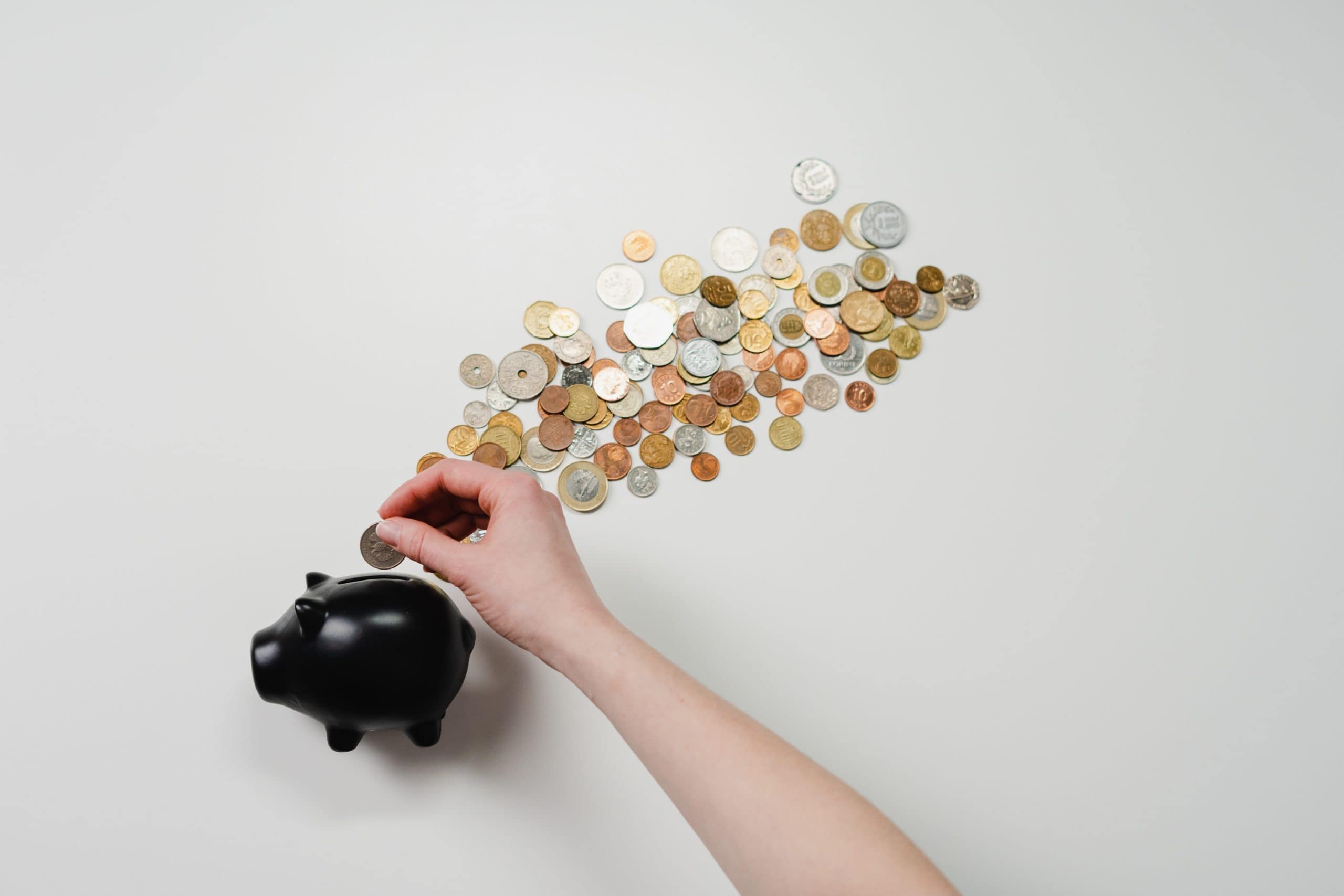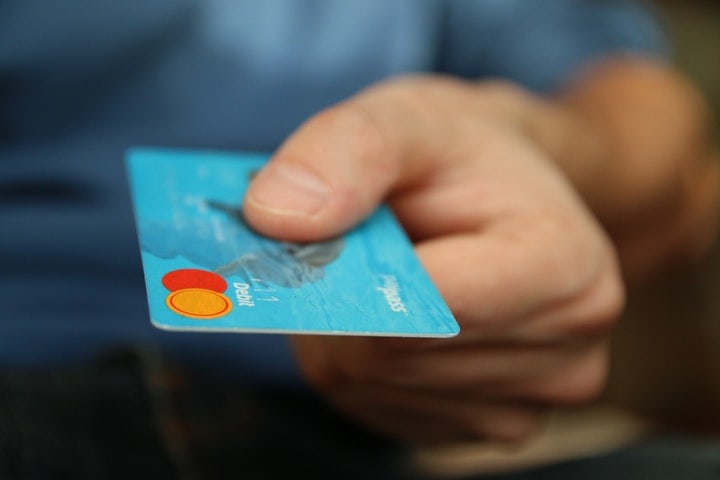If you have the funds to pay off your mortgage loan early, you might think it’s in your best interest to do so.
However, before you pay it off, there are some things you might want to consider.
For example, will you be subject to a prepayment penalty? Should you put that money toward other investments first?
Before you take this step, let’s explore whether paying off your mortgage early is the best choice for your personal financial situation.
The Benefits of Paying a Loan Off Early
Deciding whether to pay off your mortgage early depends on your long-term plans and goals.
There’s no straightforward, one-size-fits-all answer that financial experts can provide to those mulling this decision.
Instead, let’s take a look at the potential benefits and drawbacks to paying off your home loan early, so you can better understand whether this would be a smart financial move.
Save thousands of dollars in interest
Paying down the principal balance of your mortgage reduces the amount of money that you’ll pay interest on over time.
As a result, paying your mortgage early can save you thousands of dollars in interest over the life of the loan.
Eliminate your monthly payment
For many, a monthly mortgage payment is their largest monthly expense. Eliminating this monthly payment frees you up to use it anywhere else you choose.
More funds to save and invest
Those monthly savings now can move toward other investments, retirement, a child’s education, travel, or any other future savings.
The home is yours
You have freedom and peace of mind from fully owning your home. No matter what happens financially in the future, the home is yours.
The Drawbacks to Early Loan Repayment
If you liked the benefits, see if these potential drawbacks to paying your loan off early still make them worth it.
Investing now could be more beneficial
While you will be saving thousands of dollars in interest by paying off your mortgage, if you invest those funds instead, you have the potential to make more than you would save.
You may be charged a mortgage prepayment penalty
Some lenders charge a mortgage prepayment penalty fee if you pay off your mortgage, sell your home, or refinance your loan within a certain timeframe.
Talk to your lender for a quick answer on whether this would be the case for you.
You may have less savings now since it all went to the home
If you used all your hard-earned savings on paying off the home, what’s next? It could take time to build up those savings again.
You’ll have to decide whether you can still maintain enough savings for current expenses.
You’ll eliminate your tax deduction
Homeowners can claim their mortgage interest payments on their taxes to lower the amount of taxable income.
If you pay off your loan early, you’ll lose this writeoff.
Questions to Ask Before Paying Off Your Home Loan Early
Understanding the pros and cons to paying off your home loan early can help you see the bigger picture. But there are also some questions you may want to ask yourself about your current financial situation.
These questions can help you determine whether you are in the right place financially to start making extra payments toward your loan.
- Have you paid off high-interest debts? Before you pay off your mortgage, you should have other debts paid off. Higher-interest debts, such as credit cards, generally should be paid down before lower-interest ones.
- How will you benefit from paying off your home early? Consider how you’ll truly benefit, in the short-term and long-term, before moving ahead. This includes how it fits into your life and how the savings will be used.
- Do you have a sufficient emergency fund? Unexpected bills can hurt your goals if you aren’t prepared for them. Before you put all your money toward one big expense, make sure you have some extra saved away just in case.
- Are you still able to save for retirement? If paying down your home quickly takes away from any opportunity to invest or save for retirement, you’ll have to consider how far away you’ll be from retirement once the house is paid in full.
The bottom line: If you’re not in a stable financial position, you don’t have a solid plan for how you use your funds, and you don’t have adequate savings for emergencies, it may be better to wait to put extra money toward your mortgage.
On the other hand, if you think you are ready to start the process of paying your loan off early, there are several ways to approach it.
How to Pay Off Your Mortgage Early
Paying off your home loan early doesn’t mean you have to pay hundreds or thousands of dollars extra a month.
Instead, you could start by paying an extra $50 to $100 a month.
You also could use the following methods:
- Refinancing for a shorter loan term and larger monthly payments
- Making bi-weekly payments
- Making an extra payment per year
River City Mortgage Can Help
If you’re considering making extra payments toward your mortgage loan, or refinancing for a better rate and terms, reach out to the lending experts at River City Mortgage today.
We’ll sit down with you to help you determine an affordable strategy that works for your personal goals and unique lifestyle preferences.
We look forward to hearing from you, and lending a helping hand as you make these important decisions.
Photo by Kenny Eliason on Unsplash





